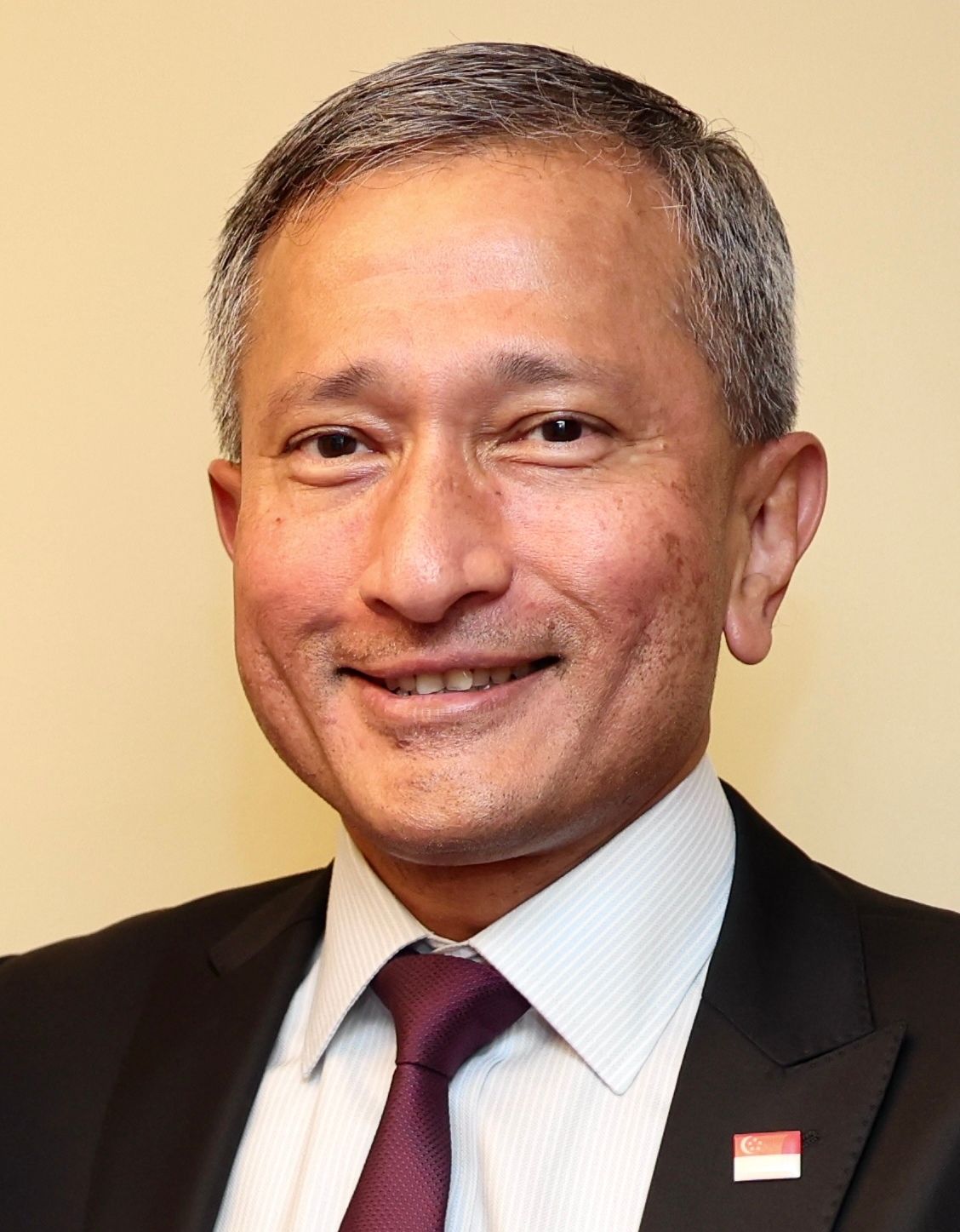Political Will to Move Forward in SCS Conflict
There is a collective commitment to have a substantive and effective Code of Conduct that is consistent with international law, and especially 1982 United Nations Convention on the Law of the Sea (UNCLOS), which sets out rights for freedom of navigation and overflight for everyone

While acknowledging the complexities surrounding the South China Sea, Singapore Foreign Minister Vivian Balakrishnan expressed the political will to move forward and Singapore's commitment to peace and stability in the region.
He also pointed to the progress made in face-to-face negotiations leading to the second reading of the Code of Conduct or COC.
Other than the reading, Vivian says there was also “another positive development”, which was the agreement on guidelines to facilitate such negotiations.
“[T]here is a collective commitment to have a substantive and effective Code of Conduct that is consistent with international law, and especially 1982 United Nations Convention on the Law of the Sea (UNCLOS), which sets out rights for freedom of navigation and overflight for everyone."
Present at the meeting was China's top diplomat Wang Yi. He welcomed the reading's successful conclusion and hoped that the guidelines would continue to play a constructive role, The Straits Times reported.
The SCS Conflict
Balakrishnan emphasized the ongoing importance of the South China Sea region to global trade and the significance of face-to-face meetings for regional cooperation and negotiations.
Click here to Read on MOH Should Stop The 'Back Door Ban' on VapeSpeaking in Jakarta after attending Asean-related meetings, including the 56th Asean Foreign Ministers Meeting, he highlighted Asean's continued relevance and focused on digital and green economies, food security, and interoperability in the region.
Vivian stressed the critical nature of the South China Sea, with its impact on trade and the need to address tensions to ensure smoother operations.
As a non-claimant state, Singapore aims to facilitate and encourage a positive conclusion to the negotiations. Face-to-face meetings are seen as crucial for accurate assessments and finding common ground.
